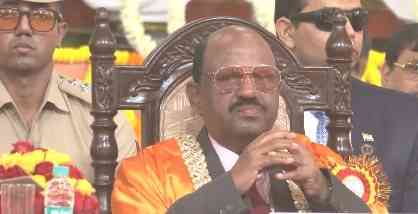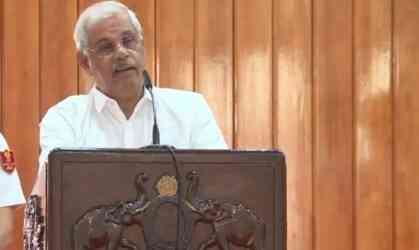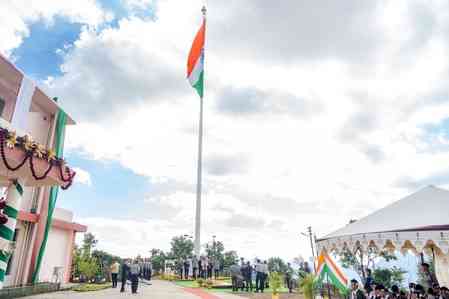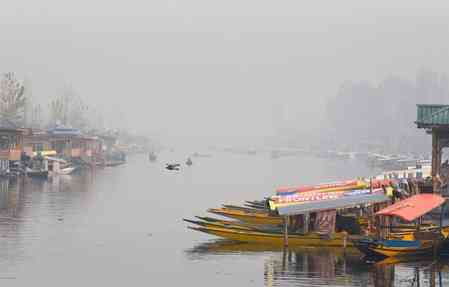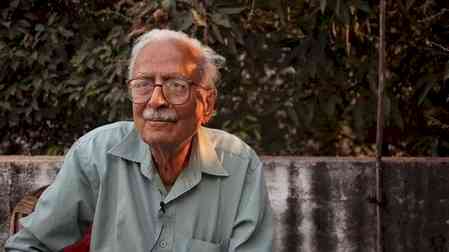16 Days Activism against Gender Based Violence concludes today
The series of activities for the 16 Days Activism against Gender Based Violence bring organized by the Dept-cum-Centre for Women’s Studies and Development, Panjab University concluded today.

Chandigarh, December 8, 2022: The series of activities for the 16 Days Activism against Gender Based Violence bring organized by the Dept-cum-Centre for Women’s Studies and Development, Panjab University concluded here today with a Panel Discussion on Gender Based Violence by two alumna of the Department, Dr.Satinder Kaur, who is currently Chairperson of the Child Welfare Committee , Chandigarh and Oshin, a Gender Rights Activist and President of the Rotaract Rainbow Club in Uttarakhand. Welcoming the speakers, Prof.Manvinder Kaur, Chairperson of the Department emphasized upon the need to continue to dialogue, discussion and activism. Ending of the 16 Days of Activism does not mean that gender based violence has been eliminated; it has merely highlighted the extent of its occurrence and the need to be pro-active in ending it.
Dr.Satinder Kaur shared her experiences in dealing with POCSO and other child abuse cases in Chandigarh. Children, she said, suffer dreadfully, whether at the hands of family members or others. A child who is sexually abused may be too scared to speak, if she does speak, she is often told to keep quiet. Sometimes; when the child feels there is nobody to listen to her, she may just run away. She also referred to instances where the mother is not living with her husband, so the daughter is left with the father who sexually abuses her, or the father has left the wife and she remarries, the child is sexually abused by the stepfather. In a number of instances the girl gets pregnant, but the family does not speak up and when the child is taken to the hospital, it is discovered that she is pregnant. She further discussed the problem of runaway children; who are brought to the child care institute on the orders of the courts. The child beggars as well as child labourers were the other vulnerable groups in which the Child Welfare Committee had made notable interventions such as the case of girl children working in a whisky factory. She concluded by recommending that whenever you see a child labourer or beggar, click a picture and call the child helpline.
Oshin began by informing the participants that as a child she felt trapped in the wrong body, but did not understand the implications. Her parents tried to get her medical help. She often felt that she was suffering from a unique problem. It was only later that she learnt that she is not the only one, there are others like her. Human beings, she said have progressed very far, even trying to colonize Mars, but we have not been able to find those who live among us. She described the numerous difficulties she faced in accessing education- opposition from the members of her dera who wanted her to go begging or collecting badhai with them, lack of finances, lack of a place to live when she left the dera, and when she did find a place to live, it was only by hiding her identity as a transwoman. When, however, the landlady did find out her true gender identity, she was asked to leave, but in the meanwhile the landlady’s son tried to enter her room leading to the fear of sexual assault. She stated that even today, transpeople have three means of earning income- begging, sex work or getting badhai. She is working to get an identity and a better place in society for them Where transpersons are concerned, she emphasized upon three A’s- Accept, Adjust and Avoid- Avoid all preconceptions and misconceptions about them.
The Discussion concluded with Dr.Ameer Sultana stating that we all want to say that you are not different. We are all human beings, you are leading your community into the future. Our University must become a pioneer in transgender education.


 City Air News
City Air News 
